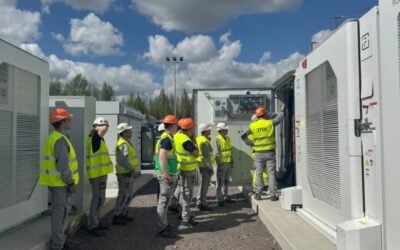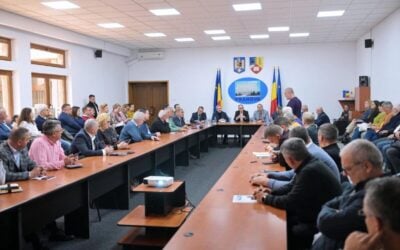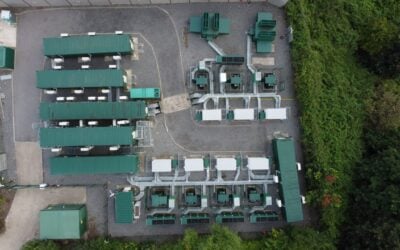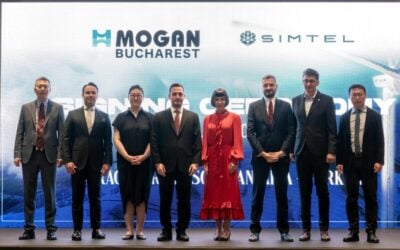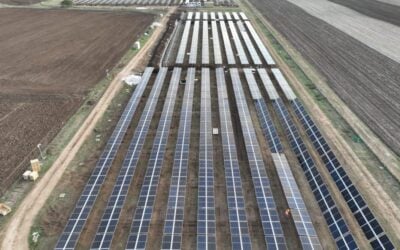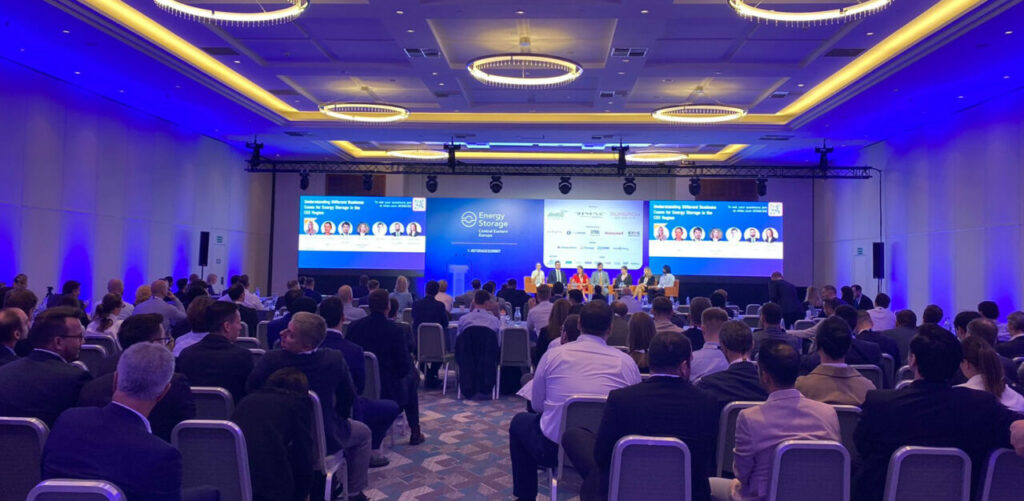
The CEE energy storage market holds much promise but grants and subsidies might be needed to get it off the ground, said speakers on Day 1 of the Energy Storage Summit Central Eastern Europe (CEE) today.
The two-day event kicked off today in Warsaw, Poland, with developers, policymakers, technology and service providers as well as broader electricity market stakeholders meeting to discuss the opportunities and challenges in the region’s burgeoning energy storage market.
Enjoy 12 months of exclusive analysis
- Regular insight and analysis of the industry’s biggest developments
- In-depth interviews with the industry’s leading figures
- Annual digital subscription to the PV Tech Power journal
- Discounts on Solar Media’s portfolio of events, in-person and virtual
Tonci Bakovic, chief energy specialist for the IFC, opened the conference with a keynote address in which he called for grants and subsidies for standalone energy storage in order to get markets off the ground where needed.
Batteries are currently only viable without subsidies in a select few markets, Bakovic said, and are absolutely key to phasing out coal.
In the following discussion, chaired by S&P Global senior analyst for batteries and energy storage Susan Taylor, panellists talked through the various business cases for energy storage in CEE.
Francesca Tedeschi, director for consultancy Baringa Partners, said the first step to understanding a local business case for storage was understanding both the physical aspects of the electricity grid on the one hand, and the commercial and regulatory ecosystem on the other.
Long-term capacity market and subsidy schemes will kickstart the storage market in CEE whereas the now highly active market in Great Britain (GB), for example, was kickstarted by the need for grid stability through ancillary services.
Julian Jansen, senior director for strategy, market development and policy for global battery storage system integrator Fluence, said there was a great opportunity to shape markets at a much earlier stage than in other more developed ones, where storage has had to be “fitted in” to a gas-centric market design.
Anna Chmielewska, associate director and senior banker for the European Bank of Redevelopment and Construction (EBRD), pointed out that a major challenge is still fewer bankable buyers of electricity compared to Western Europe, though it is changing. Projects will be financed but at a much lower leverage rate than for renewables.
Debt financing for storage globally is growing exponentially, added Bharath Kantharaj, energy storage investment manager for Low Carbon, a UK-based renewables developer. Lenders are increasingly comfortable with storage and the reality that storage assets thrive on volatility.
There is a mismatch in asking an asset that is at home in the intraday market to dedicate capacity to something predictable, he added. Therefore, the big discussion is really about who provides performance guarantees or contracted revenues and for how long.
The Hungarian government is preparing a funding scheme for market players to deploy battery storage, having already concluded one for transmission system operators (TSOs), said Palma Szolnoki, senior research associate for the trade body Hungary Battery Alliance.
The intraday spreads in Hungary have grown to a point where arbitrage is really viable business case for storage, as have the spreads in the imbalance market.
The Recovery and Resilience-funded schemes seen across the continent have been a great way to kickstart markets, Jansen said. We have to move to a fully market-based approach, but they are a great way to get it off the ground, he added.
Kantharaj provided a counterpoint to that, saying that providing medium/long-term contracts for ancillary services as was done in the Irish market was a better route. Making funding available to kickstart a market can distort the market, he said.
Jansen responded by saying a cap-and-floor subsidy was a good way to kickstart the market without distorting it, while reiterating that long-term a fully market-based, merchant approach was the best.
Discussing co-location, Filip Ostrowski, VP at renewable developer Grupa Tauron, said that co-located projects are currently more profitable than standalone.
Energy-Storage.news’ publisher Solar Media is currently hosting the inaugural Energy Storage Summit Central Eastern Europe on 26-27 September this year in Warsaw, Poland. This event brings together the region’s leading investors, policymakers, developers, utilities, energy buyers and service providers all in one place, as the region readies itself for storage to take off. Visit the official site for more info.

